WikiLeaks reveals campaign ahead of Kosovo UDI
The secret U.S. diplomatic cables, published by WikiLeaks, shed some light on the preparations for the Kosovo Albanian UDI.
Thursday, 02.12.2010.
19:45

The secret U.S. diplomatic cables, published by WikiLeaks, shed some light on the preparations for the Kosovo Albanian UDI. The leaked cables show efforts to prepare the unilateral declaration of independence, and then lobbying to get countries to recognize it. WikiLeaks reveals campaign ahead of Kosovo UDI Americans were particularly worried that Russia might veto them at the UN, while there were ideas to offer Serbia the signing of the SAA with the EU. By the end of 2006, show the leaked cables, the United States thought that it would help the democratic forces in Serbia in the elections scheduled for January of next year, and decided to make a short break in their lobbying, and offer Serbia membership in NATO's Partnership for Peace program. The French, meantime, asked Germans to support the SAA without insisting on Serbia's full cooperation with the Hague Tribunal. All this is found in the cables documenting conversations between U.S. Assistant Secretary of State Daniel Fried, and then French President Jacque Chirac's diplomacy adviser. The French were also told on several occasions that they should let Russia know that a veto "wouldn't pass". France was also tasked with lobbying Russia, so that Moscow would not use its UN veto powers. As for the United States, they considered the issue of Kosovo closed in mid-2007. This was found in a document detailing a conversation between now U.S. Under Secretary of State for Political Affairs William Burns, and Georgian President Mikheil Saakashvili. Burns told Saakashvili that the "UN had already taken Kosovo from Serbia", that Russians were present in the province "neither militarily nor financially", and that America and the EU were there instead. Kosovo's Albanians unilaterally declared Independence in February 2008, from which point on Washington turned to lobbying countries to recognize it. The leaked cables also detail the French role in the Kosovo crisis. Serbian President Boris Tadic reacted to the leaks today by saying that "nothing had changed in the communication between politicians". (Beta/AP)
WikiLeaks reveals campaign ahead of Kosovo UDI
Americans were particularly worried that Russia might veto them at the UN, while there were ideas to offer Serbia the signing of the SAA with the EU.By the end of 2006, show the leaked cables, the United States thought that it would help the democratic forces in Serbia in the elections scheduled for January of next year, and decided to make a short break in their lobbying, and offer Serbia membership in NATO's Partnership for Peace program.
The French, meantime, asked Germans to support the SAA without insisting on Serbia's full cooperation with the Hague Tribunal. All this is found in the cables documenting conversations between U.S. Assistant Secretary of State Daniel Fried, and then French President Jacque Chirac's diplomacy adviser.
The French were also told on several occasions that they should let Russia know that a veto "wouldn't pass". France was also tasked with lobbying Russia, so that Moscow would not use its UN veto powers.
As for the United States, they considered the issue of Kosovo closed in mid-2007. This was found in a document detailing a conversation between now U.S. Under Secretary of State for Political Affairs William Burns, and Georgian President Mikheil Saakashvili.
Burns told Saakashvili that the "UN had already taken Kosovo from Serbia", that Russians were present in the province "neither militarily nor financially", and that America and the EU were there instead.
Kosovo's Albanians unilaterally declared Independence in February 2008, from which point on Washington turned to lobbying countries to recognize it.
The leaked cables also detail the French role in the Kosovo crisis.
Serbian President Boris Tadić reacted to the leaks today by saying that "nothing had changed in the communication between politicians".











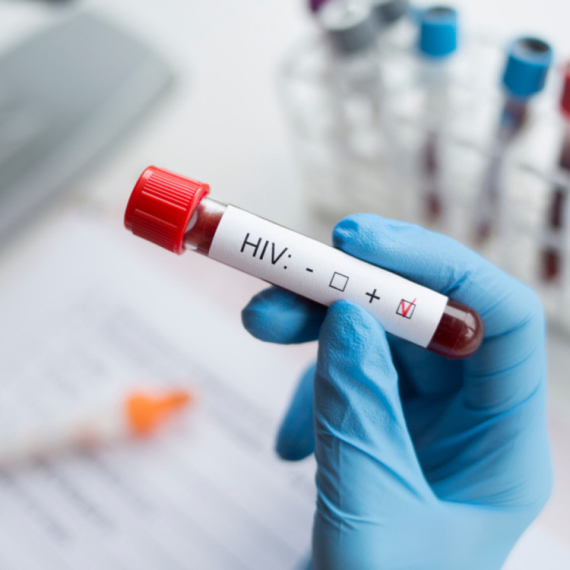





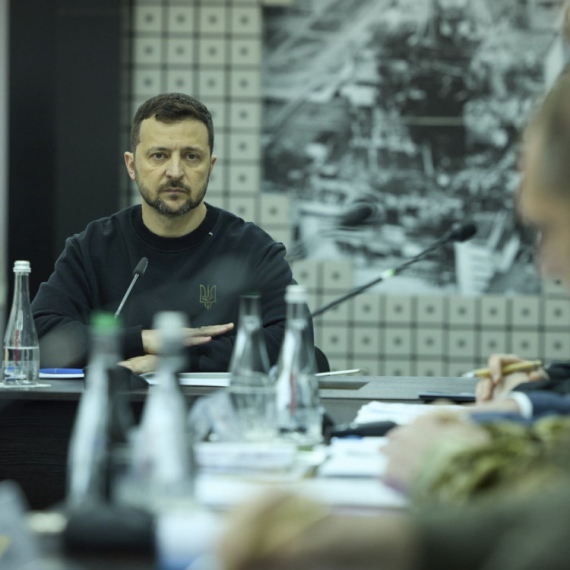


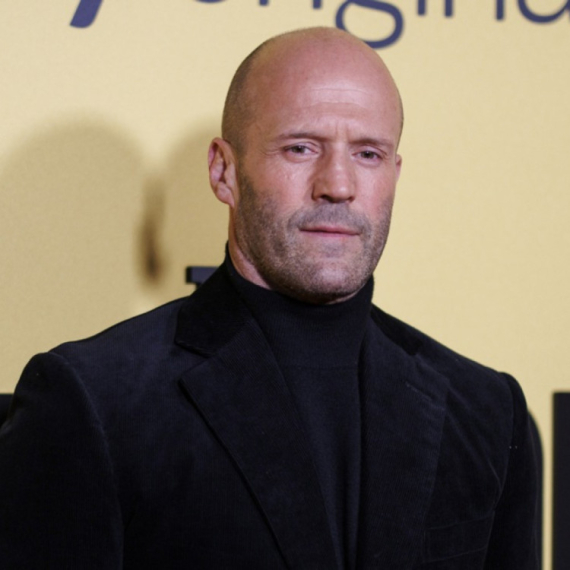

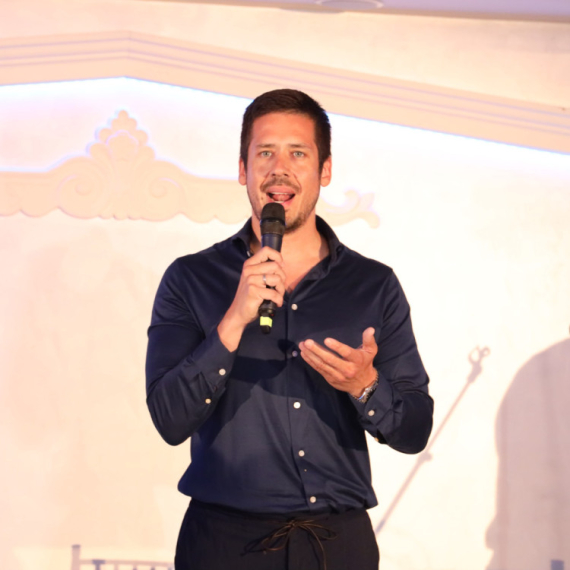
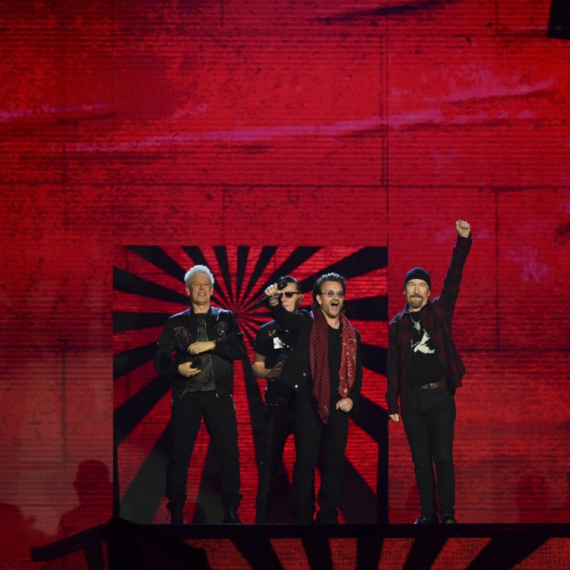





















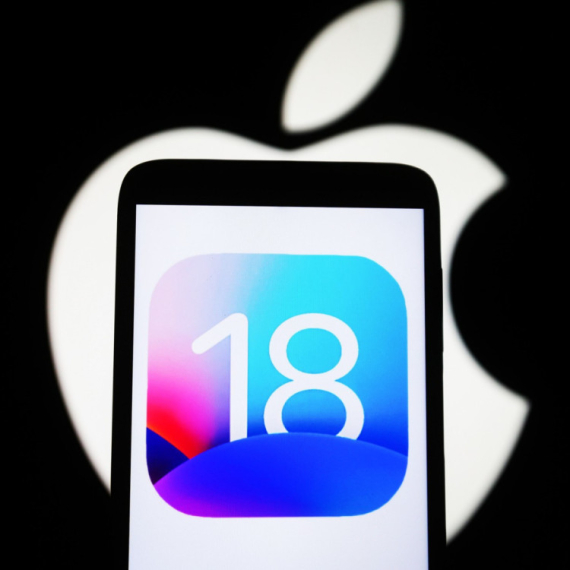











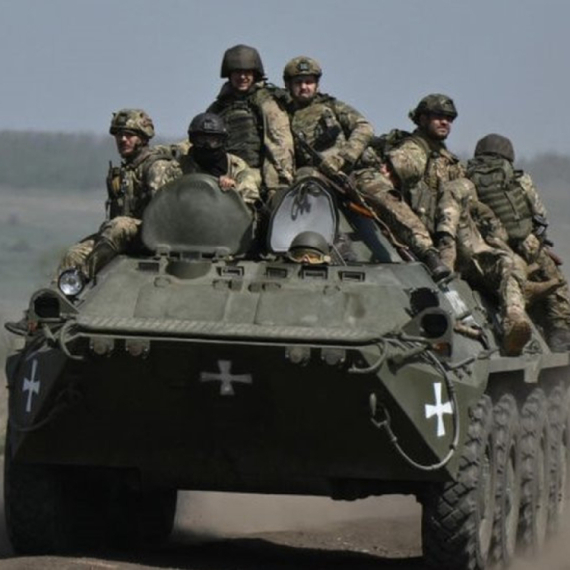
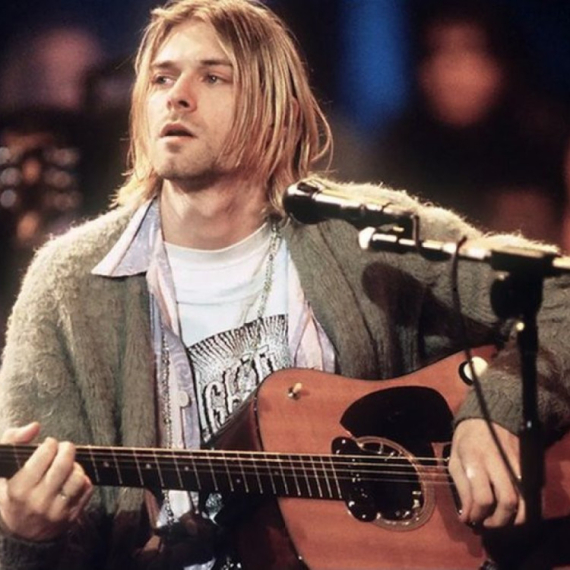
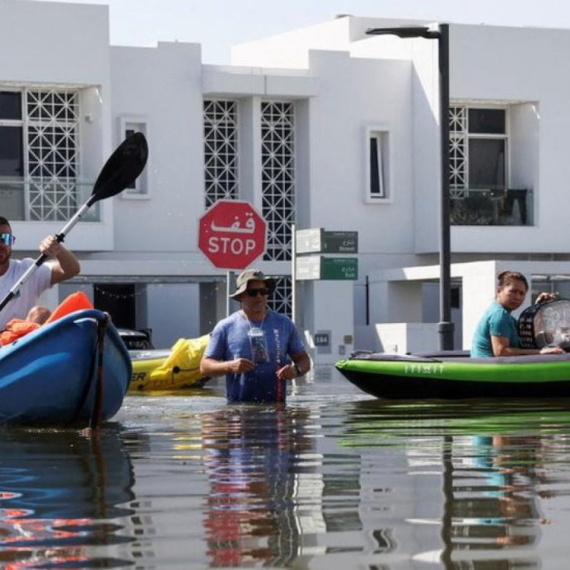

Komentari 18
Pogledaj komentare